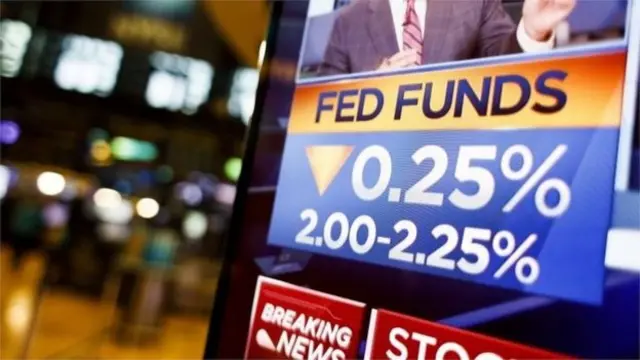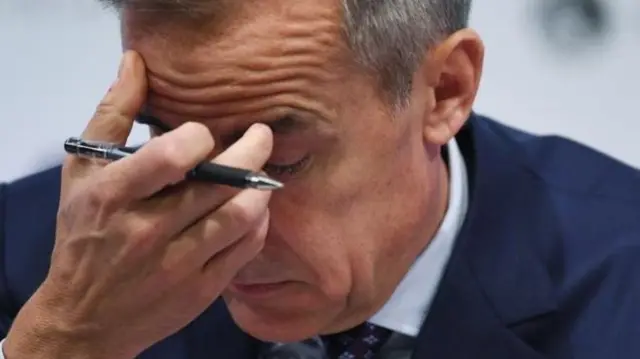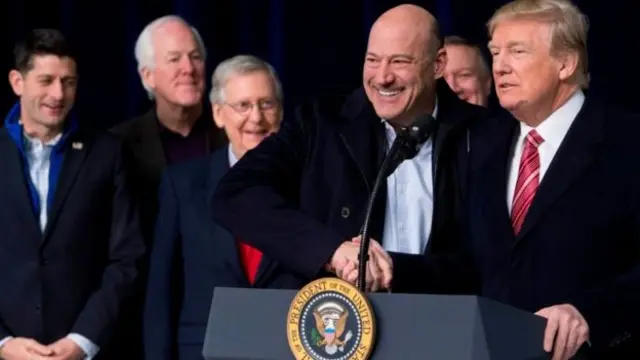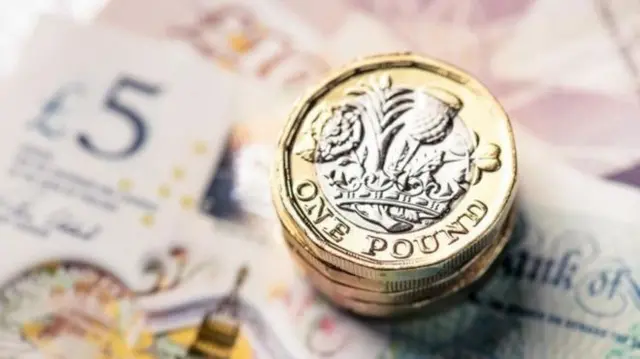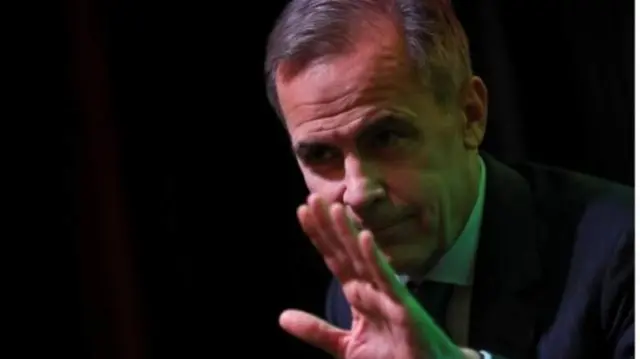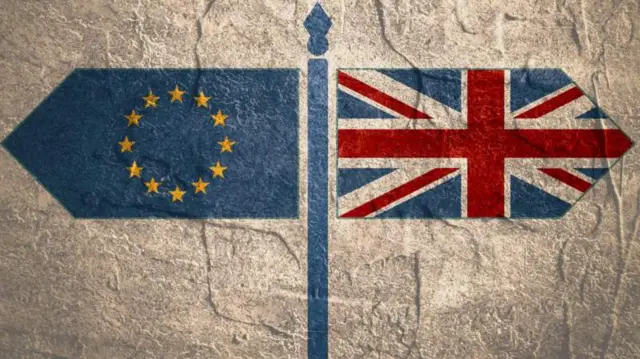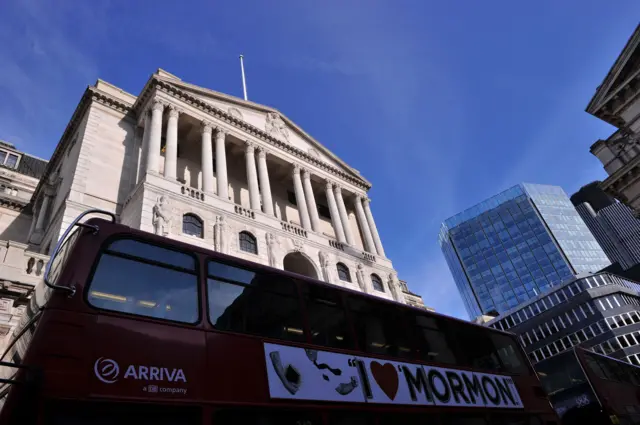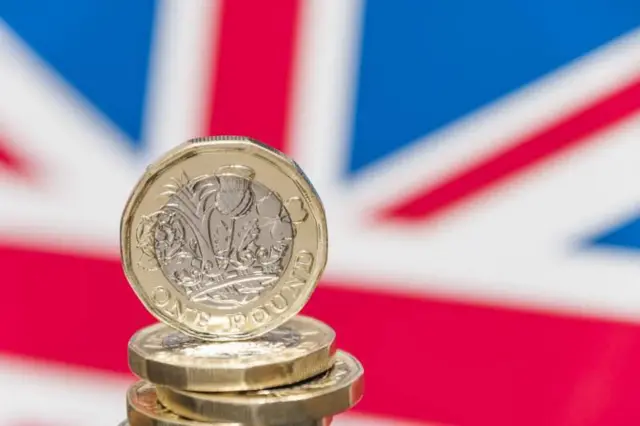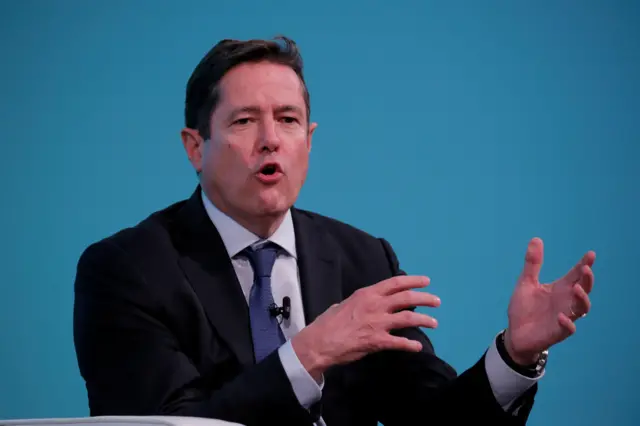Is the Bank too gloomy?published at 13:30 BST 1 August 2019
 Szu Ping Chan
Szu Ping Chan
Business Reporter, BBC News
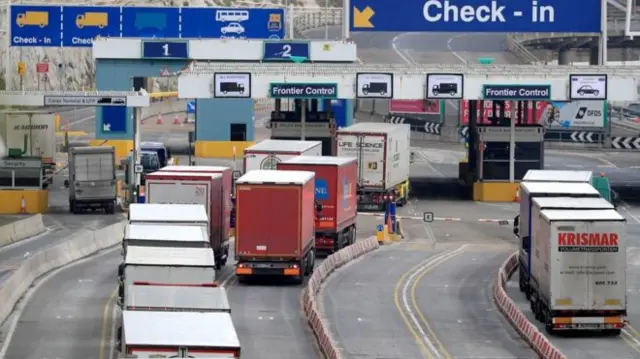 Image source, PA Media
Image source, PA MediaMr Carney says the extra cash the Treasury has set aside for no-deal Brexit planning represents a “recognition that more needs to be done”.
The press conference ends with a simple question: are the Bank’s forecasts too gloomy?
While he says the jobs market remains robust, Mr Carney adds the Bank is clear that Brexit has led to uncertainty in the business community which has translated into less spending and investment.
Also, the initial boost to trade from the weaker pound is starting to fade. “These consequences are there,” he says.
